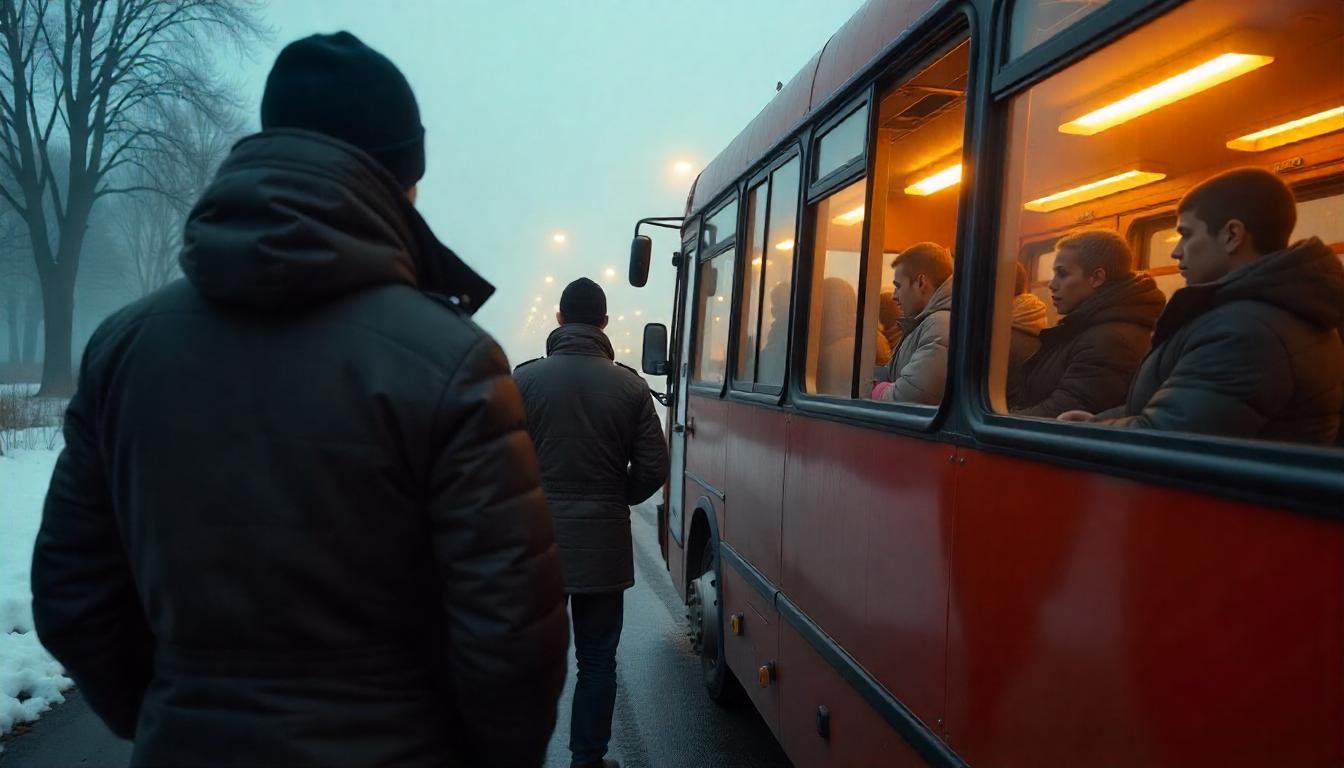Six months after the Netherlands reintroduced internal border controls with Germany and Belgium, a recent survey and industry assessments reveal that the measures have had a positive impact on the management of irregular migration, while causing only limited economic disruptions.
The temporary border checks, initiated on December 9, 2024, were part of a broader effort to strengthen national security and counter irregular migration and smuggling. At the time, Dutch Minister for Migration Marjolein Faber emphasized the need for concrete actions to address rising migration pressures. Initially scheduled to last for six months, the border control policy has now been extended until December 8, 2025, following a formal notification to the European Commission.
Border Checks Show Manageable Economic Effects
According to a recent survey conducted by BNR, which gathered feedback from businesses and industry associations, the economic consequences of the border controls have remained within manageable limits. Despite early concerns over potential disruptions to cross-border trade and traffic, respondents reported that flexible implementation and the limited scale of the checks helped avoid major delays or bottlenecks.
The Dutch travelers’ association ANWB confirmed that no significant travel delays or logistical challenges have arisen since the controls began. In parallel, the German-Dutch Chamber of Commerce (DNHK) acknowledged that the controls could theoretically cost industries up to €60 million per month. Nevertheless, member companies of the DNHK described the actual economic impact as controlled and less severe than anticipated.
Migration Pressures Prompt Policy Continuation
The Dutch government’s decision to extend the border checks comes amid continued concerns over rising asylum applications, irregular migration, and secondary movements across Europe. These challenges have also led other EU member states to reintroduce internal border controls in recent months.
In its communication with the European Commission, the Netherlands reiterated that the sustained border checks are a necessary response to evolving migration dynamics and security challenges. The extension of the policy reflects ongoing efforts to strike a balance between upholding the principles of Schengen free movement and addressing urgent domestic and European migration concerns.
European Cooperation Remains Crucial
While the domestic impact of the Dutch border controls appears limited, stakeholders continue to emphasize the broader importance of European cooperation. Policymakers, trade bodies, and civil society alike have underscored that maintaining open borders and the integrity of the Schengen Area remains a long-term priority that must be preserved through coordinated EU-wide strategies.
As the situation evolves, further assessments are expected, with both Dutch authorities and European institutions closely monitoring the effects of the policy and migration patterns across the region.

.jpg)






